I'm a Data Scientist
I have a background in Marine Science and Environmental Management. While working in research institutions and international organizations, I have developed a wide variety of technical and soft skills.
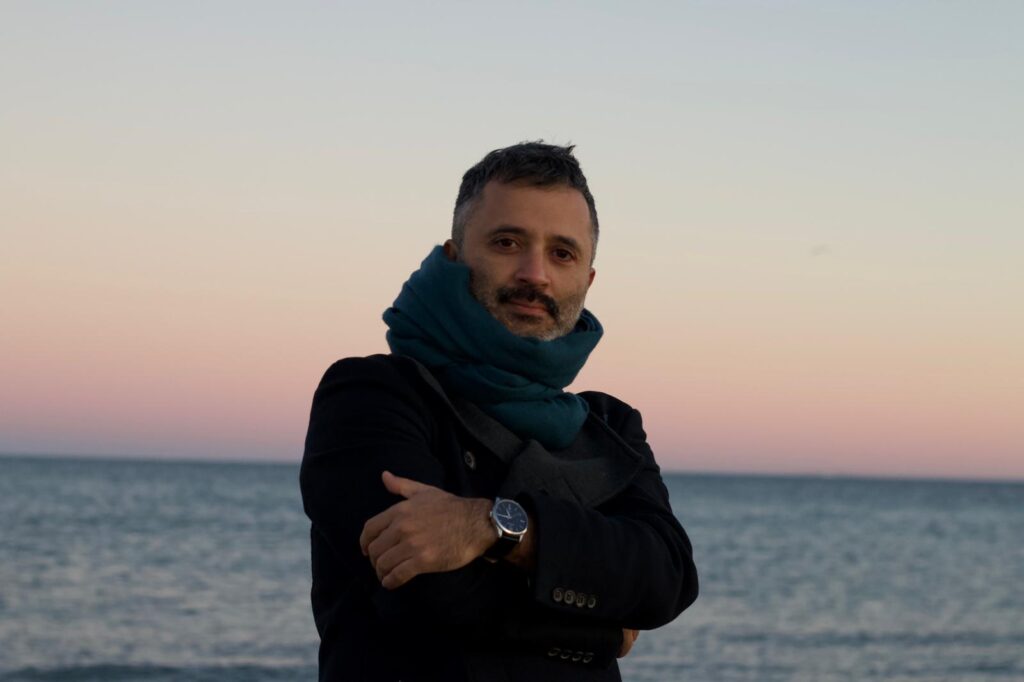
About Me
I am data scientist; I first started learning to manipulate and analysed data as I trained to become a marine microbial ecologist. I learned techniques in Machine Learning algorithms, data analysis and statistical modelling. I have learned to process, analyse and visualise large volumes of data in order to understand patterns and propose models of complex processes. I have been responsible for managing large databases, writing corporate and technical reports to communicate my results to different audiences (e.g. technical evaluations, audits, or scientific research reports). Since becoming a data science I have learned other skills to obtain, analyse and present data in interactive ways (front-end APIs) with a client in mind.
I had the chance to develop my skills surrounded by beautiful landscapes and to contribute to the creation and analyses of complex ecological data.
Here I am shown carrying out monthly sampling around Sydney Harbour.
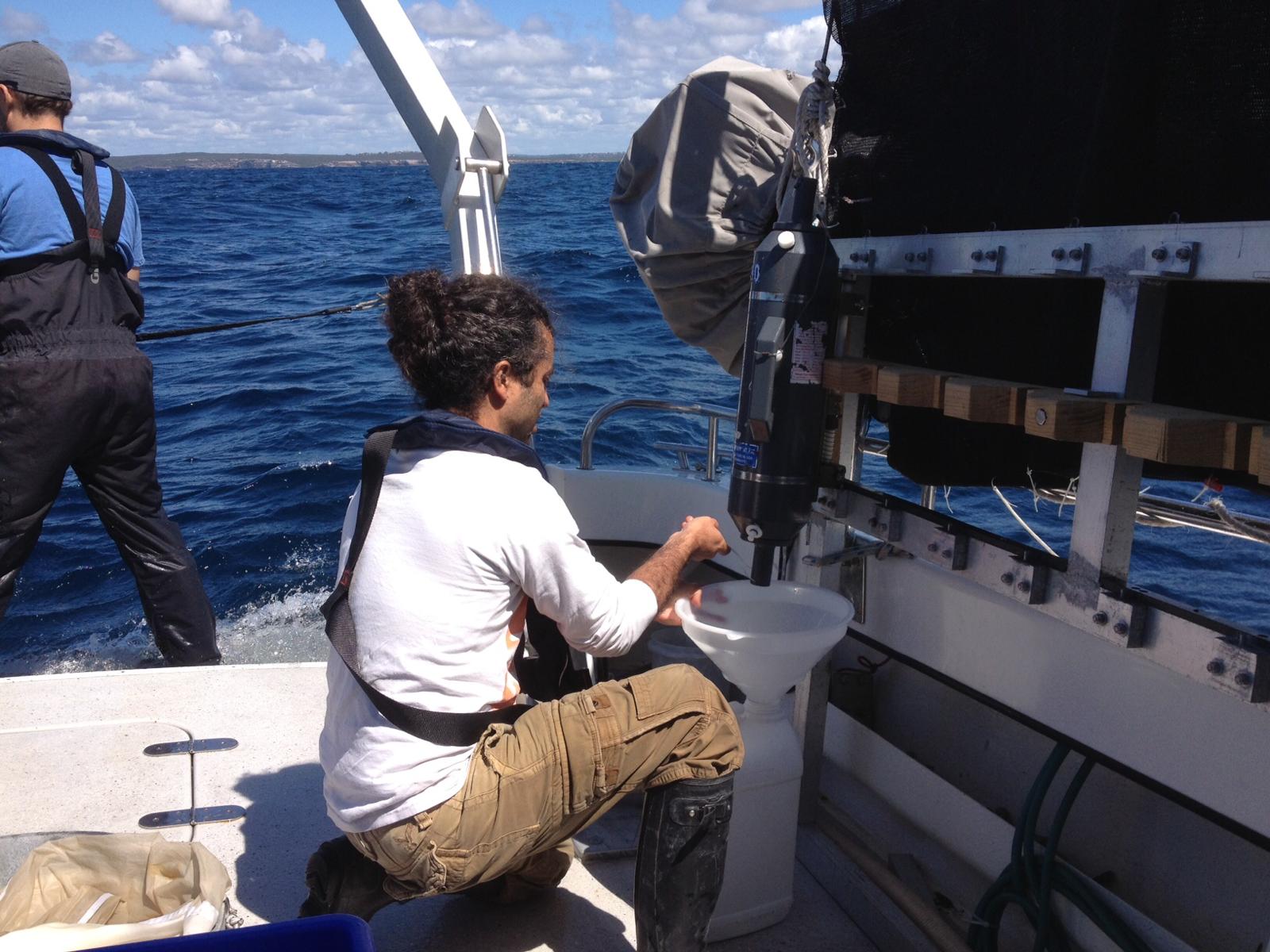
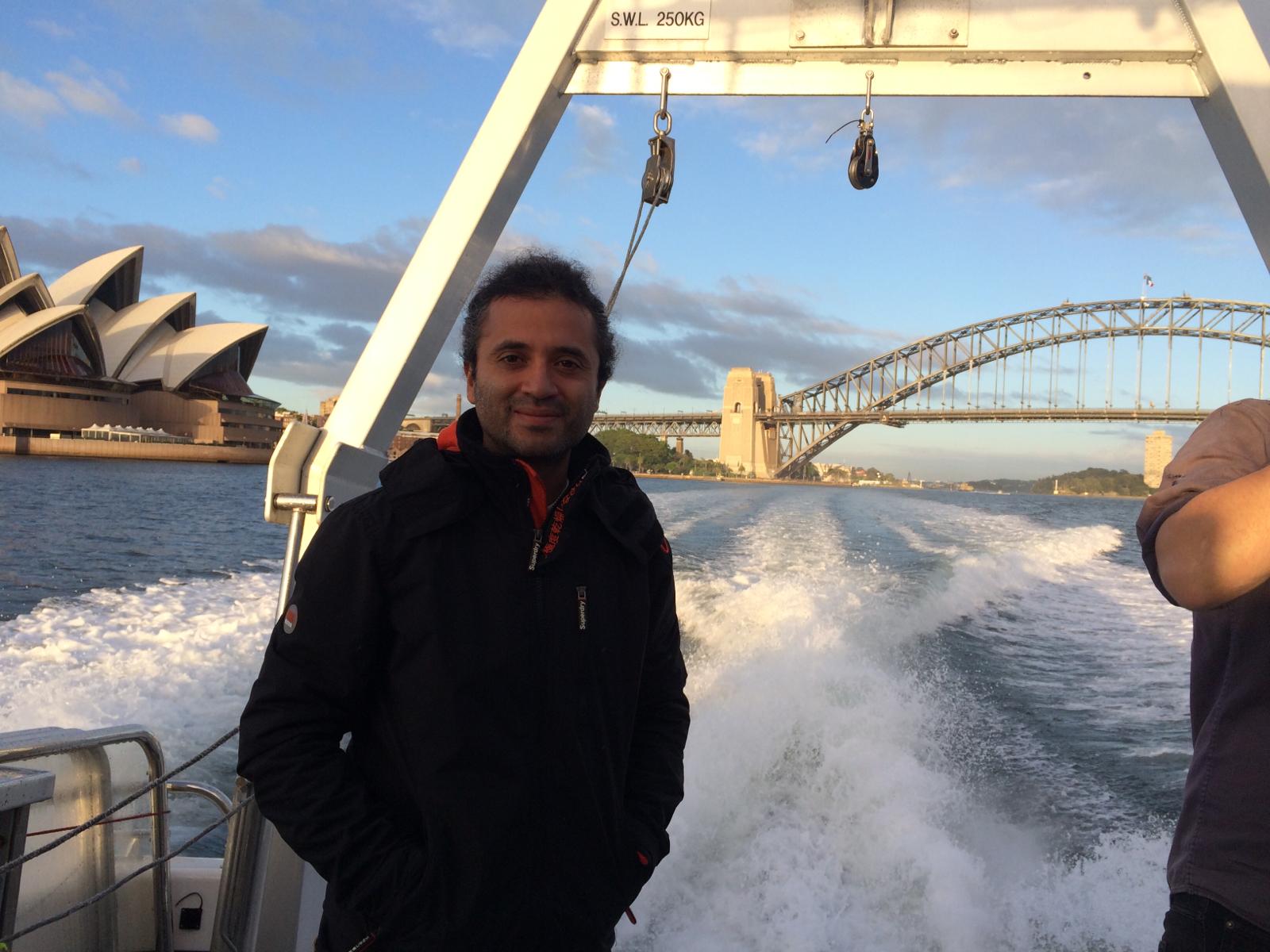
I have also worked in some challenging and vulnerable locations where I contributed with my skills to improve environmental practices.
I am pictured with UN blue helmet colleagues.

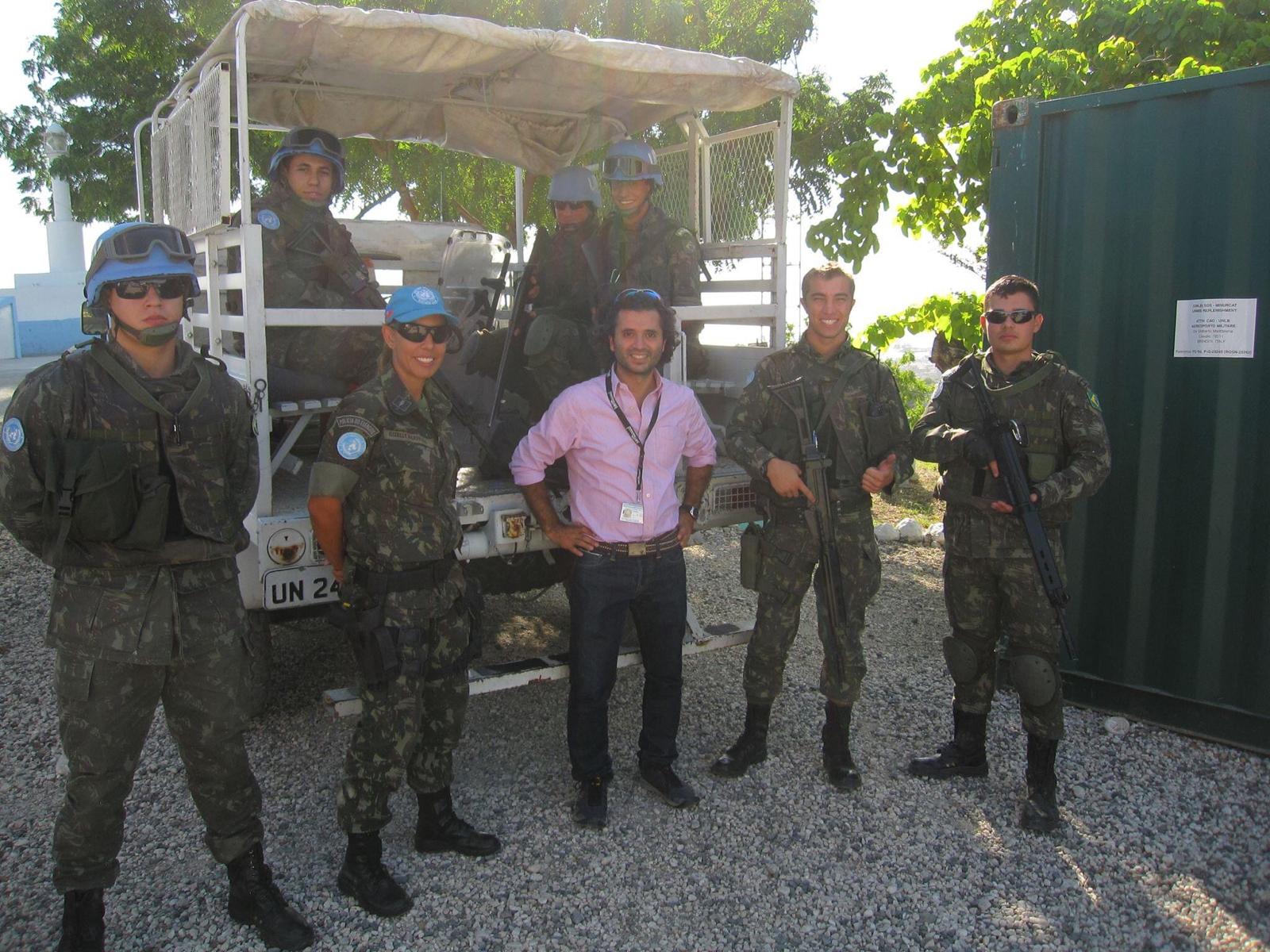
Highlighted skills
As a data scientist the best skill that I have to offer are my imagination and initiative ...but since those are hard to measure I am sharing with you other skills that are also very important!
Data Visualization
Making sense of data and translating it to different audiences. I enjoy the process of transforming and rearranging data to help different audiences use and interact with the information in the best way that applies to them (e.g. graphs, dashboard, apps, info-graphics etc.)
Machine Learning
Models allow us to translate complex scenarios into simple concepts. As our ability to obtain data grows, it can seem overwhelming to make sense of all the information that we gather. ML models provide a solution that allow us to continue to keep up with the complexity of our continually evolving environment.

Technical and Research
Reports
Communicating through reports and presentation is an important part of our routine when we are navigating in a corporate centered society. This part is just as important as any other part of our work. It is the best way to show our efforts and the respect we have for quality results.
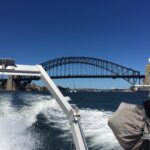
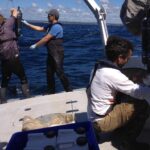
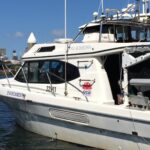
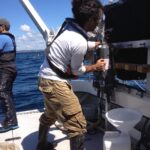
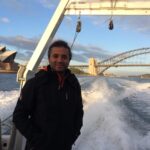
Technical Experience
I am highlighting my data science experience first.
Regulation Partners Innovation
I collaborate with a team of Data Scientist to help clients improve processes efficiency. Some of the solutions translate into automatization of tasks, digitalization of databases, data scraping from different sources, analyses model building of complex data using ML and AI techniques among others.
I have been able to use my imagination and skills to propose answers to different problems. I appreciate tackling different problems every day that challenge me and encourage me to continue learning.
I studied the influence of marine microbes in the carbon cycle. I used Python to clean and organize data (Pandas and Numpy) that I obtained from field instruments, laboratory analyses, satellite images and experiments. I built an SQL database. I then manipulated the data with a combination of statistical packages and libraries from R and Python in order to carry out exploratory analyses and visualizations. I employed a variety of Unsupervised Machine Learning techniques such as Factor Analysis (FA), Principal Component Analysis (PCA), Multidimensional Scaling (MDS) among others, as to discover spatial or temporal patterns, association rules, dimension reduction, anomaly detection, to suggest clustering, and to determine variable correlations.
I developed climate change mitigation and adaptation projects with different stakeholders. I designed ecological studies to determine pollution sources. I obtained samples in collaboration with Universities. I used a variety of R and python libraries for exploratory and data visualization. I used Unsupervised Machine Learning algorithms to discover patterns, correlations, clusters and construct ecological models.
Studied the phylogeny of isolated strands of Heterotrophic Nano-Flagellates (HNF) from the study of the 18S rRNA gene segments. Assessed the distribution of isolates using CARD-FISH from Oligonucleotide Probes. Studied the ecophysiology and properties of cultured cells (i.e. growth efficiency, cell yield, clearance rate)
Studied the ecology of Pleuragramma antarcticum larvae using Geographic Information System (GIS), Geostatistics and Multivariate Analysis as exploratory techniques to determine the main environmental factors that influence the distribution of the larvae over time and space.
Used a novel image analysis technique to study the endogenous circadian activity of invertebrates Performed novel and state of the art techniques in microcosm experiments (O2 microprofiles, image analysis techniques and measured other abiotic variables) to study the effects of bioturbation in marine sediment.
MANAGEMENT AND BUREAUCRATIC EXPERIENCE
Below you will find my experience as an environmental management specialist.
I managed different development programmes and projects in areas affected by climate change. The projects included building off-the-grid schools and programmes consisted in developing business knowledge and providing microcredits when appropriate
I managed the environmental office in a UN field Mission. I was responsible for designing and managing an environmental management system (EMS). I was responsible to manage environmental projects and to oversee the closing of UN mission sites in the country at the end of the Mission mandate.
I was responsible for the monitoring and improving waste practices by the UN Mission. I participated in reducing solid waste by 40 % through recycling, upcycling and other types of use of waste.
My role was to assist in carrying out planning and execution of environmental inspections on Mission 51 sites. I identified issues that needed to be addressed and wrote recommendations to improve environmental practices.
I validated Environmental Assessment Reports to ensure the inclusion of climate change mitigation and adaptation components were included and projects were abiding to local environmental laws.
My Portfolio
Find below some examples of the type of analyses and techniques I have mastered
Stay In Touch
For collaboration or work proposals: marco.alvarez@mardatascience.com



